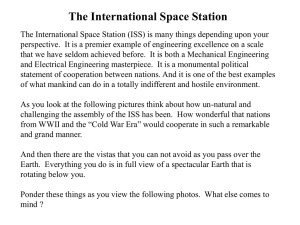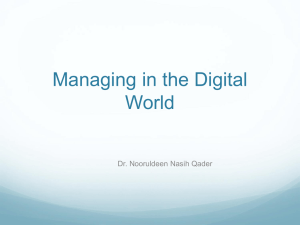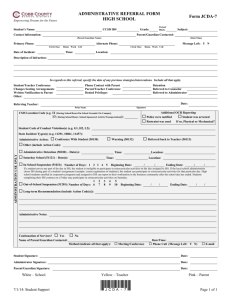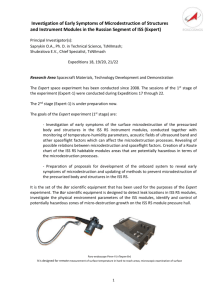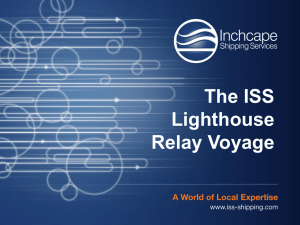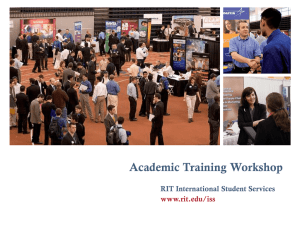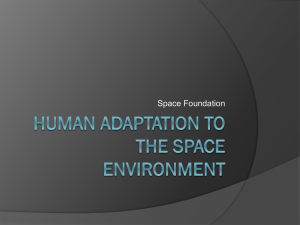Bar
advertisement
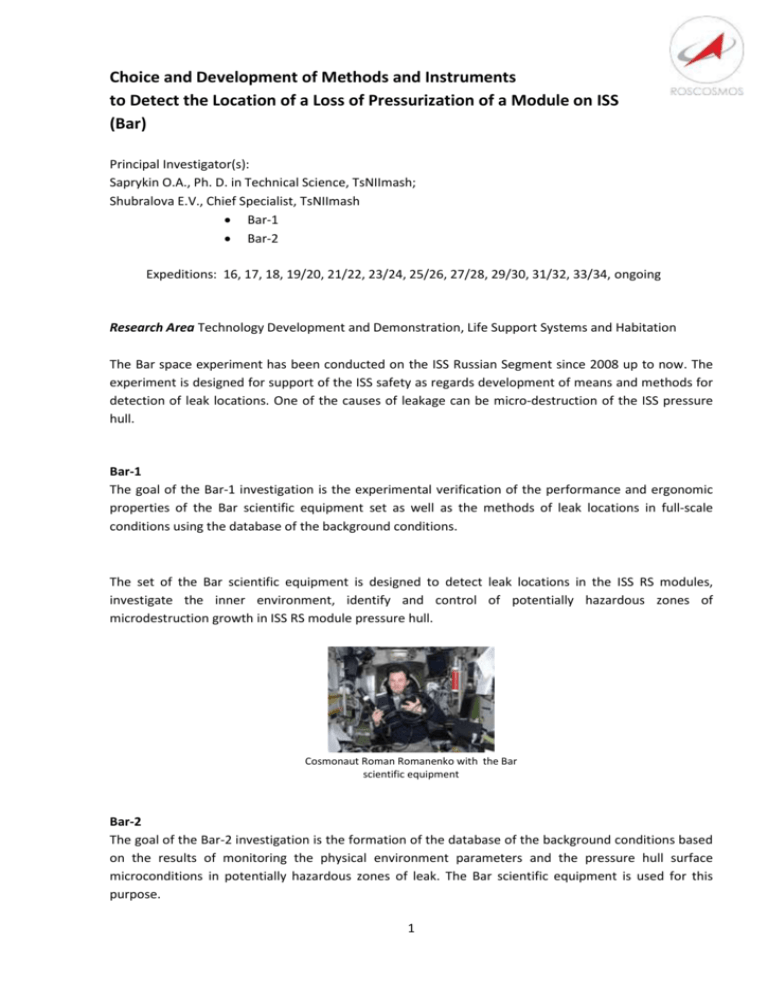
Choice and Development of Methods and Instruments to Detect the Location of a Loss of Pressurization of a Module on ISS (Bar) Principal Investigator(s): Saprykin О.А., Ph. D. in Technical Science, TsNIImash; Shubralova E.V., Chief Specialist, TsNIImash Bar-1 Bar-2 Expeditions: 16, 17, 18, 19/20, 21/22, 23/24, 25/26, 27/28, 29/30, 31/32, 33/34, ongoing Research Area Technology Development and Demonstration, Life Support Systems and Habitation The Bar space experiment has been conducted on the ISS Russian Segment since 2008 up to now. The experiment is designed for support of the ISS safety as regards development of means and methods for detection of leak locations. One of the causes of leakage can be micro-destruction of the ISS pressure hull. Bar-1 The goal of the Bar-1 investigation is the experimental verification of the performance and ergonomic properties of the Bar scientific equipment set as well as the methods of leak locations in full-scale conditions using the database of the background conditions. The set of the Bar scientific equipment is designed to detect leak locations in the ISS RS modules, investigate the inner environment, identify and control of potentially hazardous zones of microdestruction growth in ISS RS module pressure hull. Cosmonaut Roman Romanenko with the Bar scientific equipment Bar-2 The goal of the Bar-2 investigation is the formation of the database of the background conditions based on the results of monitoring the physical environment parameters and the pressure hull surface microconditions in potentially hazardous zones of leak. The Bar scientific equipment is used for this purpose. 1 Earth Benefits The set of the Bar scientific equipment can be used in the civic aviation and shipbuilding for technical diagnostics to detect the ship hull microdestruction, for control of corrosion growth on structural elements, for assessment of conformity to permissible acoustic level. Space Benefits The goal of the Bar experiment is designed to provide the ISS RS safety. The set of the Bar scientific equipment can be used as prototype of the normal system of means for detecting leak locations inside the ISS RS modules and in combination with the mapped MAPVD database as a system for control of the ISS pressure hull condition. Results During this experiment the following results have been received: 1. The performance and ergonomic properties of the Bar scientific equipment set have been verified. 2. The procedure of detection of leak places in the potentially hazardous zones with the Bar scientific equipment set has been developed. The identification of the noise source has been done. 3. All the potentially hazardous zones defined by the Bar experiment program have been examined. The procedure of examination of 56 potentially hazardous zones has been developed for efficiency of detection of leak places in these areas. Cosmonaut Oleg Novitskiy is working with equipment «УТ2-03», (Expedition 34) Cosmonaut Evgeniy Tarelkin is working with equipment «АУ-1», (Expedition 34) 4. The ISS pressure hull zones of potential micro-destruction growth have been identified. The Bar program list of the potentially hazardous zones has been updated with new discovered areas of potential leak which may be caused by micro-destruction. Cosmonaut Oleg Kononenko is working with infrared Kelvin-Video thermometer («Кельвин-видео») Cosmonaut Gennady Padalka is demonstrating thermal hygrometer and thermal anemometer TTM-2 («ТТМ-2») 2 5. A database of the background physical environment parameters in potentially hazardous zones of leak and micro-destruction growth has been formed. Since Expedition-22 microconditions of the ISS pressure hull surface have been registered. A lot of images of the surface microconditions in the given zones have been received. Russian cosmonauts are registering the ISS pressure hull surface micro states with pyroendoscope «ПИРЭН-В» 6. The MAPVD database and the reference CORROSION database have been developed. The images of behind-panel area conditions received with the Nicon camera and the images of the ISS pressure hull surface microconditions in these areas received with the pyro-endoscope «Пирэн-В» form the basis of these databases. The MAPVD database is mapped. It is constantly updated and replenished due to inspecting new areas and controlling the old ones. It enables the following: - - Make a visual assessment of the current pressure hull state; Analyze the condition dynamics and the scale of the surface destruction using simultaneously registered data of chemical/microbiological analysis of samples taken from the surfaces and using the images of microconditions of ISS pressure hull surface; Prepare data for the data sheet of microbiological and corrosive conditions of the ISS pressure hull. MAPVD database The reference CORROSION database contains images of surfaces with corrosion damage. It is structured according to corrosion types received for both laboratory samples and samples taken from the ISS module pressure hull surfaces during the BAR experiment. The images have been received with the pyro-endoscope «Пирэн-В». The reference CORROSION database is designed for training cosmonauts to visually discover the pressure hull surface areas which contain signs of microorganism expansion. 3 Images of laboratory sample surfaces with corrosion damage Images of surfaces with corrosion damage of samples taken during the BAR experiment Publications N.A.Anfimov,V.V.Borisov,V.I Lukjaschenko, E.V. Shubralova, E.V.Scherbakov, N.D.Novikova, E.A.Deshevaya «Perspectives of Bar Telemetric Means Utilization for Leakage Detection and Monitoring of the ISS Construction Conditions» CD, IAC-04-T.3.08, 55th Astronautical Congress, October 4-8, 2004, Vancouver, Canada, CD Shubralova E.V., Makolkin E.., Deshyovaya E.A., Novikiva N.D., Polikarpov N.A., Karimova S.A., Taraeva T.I. «Ultrasonic vibrations influence on microdistruction process», 2d International Scientific Technical Conference "Biodamages and Biocorrosion in Construction", Saransk, 2006, materials, p.98-101 Borisov V.V., Lukiaschenko V.I., Makolkin E.V., Shubralova E.V., Shabelnikov V.G., Deshevaya E.A., Novikova N.D., Krasnov N.K., « Prospects of Applying the Remote Monitoring Devices for Detecting the Depressurization Locations at the International Space Station and for Checking its Structure», Kosmonavtika i Raketostroenie (Cosmonautics and Rocket-Building), 2007 №4 (49), p. 174 – 182 Borisov V.V., Deshevaya E.A., Kononenko O.D., Shubralova E.V., Novikova N.D. «Development test of method of leakage spots detection on-board ISS», Kosmonavtika i Raketostroenie (Cosmonautics and Rocket-Building), 2009, №4, С.144-152. Е.А. Deshevaya, N.D. Novikova, N.A. Polikarpov, V.V. Borisov, Е.V. Shubralova, A.A. Burlakova, O.D. Kononenko, , L.O. Neznamova, «Results analysis of space experiments "Bar" and "Expert" conducted onboard ISS Russian segment. Perspectives of "Bar" equipment kit application for detection of potentially dangerous areas for ISS pressure body microdistruction processes extention», 6th International Aerospace Congress, 2010, CD-ROM. Deshevaya E., Borisov V., Kononenko O., Shubralova E. V - «Verification of the method for revealing of potentially dangerous zones of possible development of micro- destruction of the PS ISS pressurized 4 structure ( based on the results of the 17-ISS mission)» - 17th IAA Humans in Space Symposium, Moscow, Russia, June 7-11, 2009, P.32. Deshevaya Е.А., Е.V. Shubralova, N.D. Novikova, V.V. Borisov, O.D. Kononenko, N.A. Polikarpov «Testing and evaluation of a method for locating potentially hazardous sites of eventual microdestruction and detecting marks of ISS RS hull leakage» -J. Acta Astronautica, 2010 г. Deshevaya E.A., Shubralova E.V., Novikova N.D., Polikarpov N.A., «Results of intravehicular environment influence on pressure body state studies conducted in space experiments "Bar" and "Expert" on-board ISS in 2008-2011», Space Forum 2011 Dedicated on 50th Anniversary of Yu.A.Gagarin Flight, Moscow, October 18-21, 2011. Makov Yu.N., Bychkov V.B., Kononenko O.D., Shubralova E.V., « Low-Frequency Background Ultrasonic Problematics Applied to Measurement Necessity Study of Low-Frequency Background Ultrasonic Influence on Cosmonauts during Long-Term Presence on Space Vehicles», 35th Academic Readings on Cosmonautics, Moscow, 2011 (edited by A.K. Medvedeva): Russian Academy of Science, Roscosmos, 2011, p. 577-579. Deshevaya E.A., Shubralova E.V., Borisov V.V., Kononenko O.D., Novikova N.D., Polikarpov N.A., Kotov O.V., «Main Outcomes of Space Experiments "Bar" and "Expert" Implementation On-Board ISS», 35th Academic Readings on Cosmonautics, Moscow, January 2011, p.577. 5 Patents. 5
